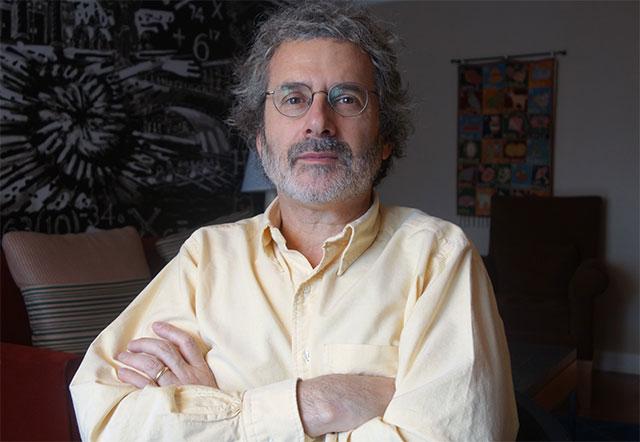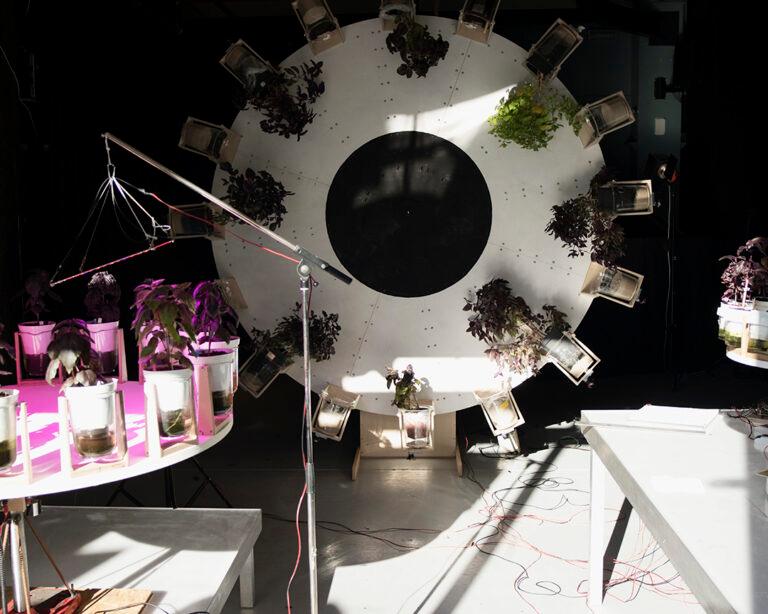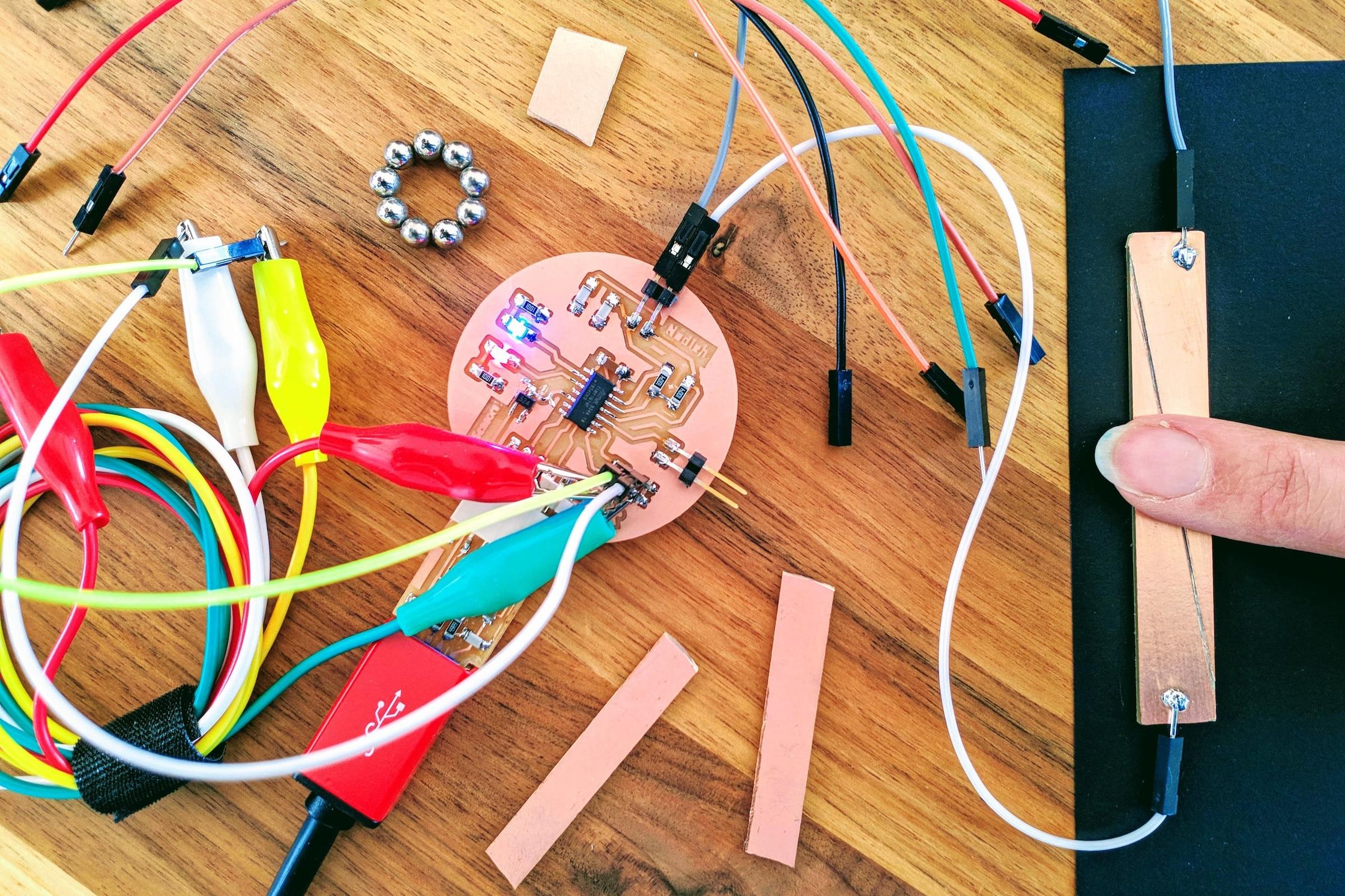An interesting video conversation with Neil Gershenfeld, founder of the Fablabs, physicist and the Director of MIT's Center for Bits and Atoms at Edge.
... Today, you can send a design to a Fablab and you need ten different machines to turn the data into something. Twenty years from now, all of that will be in one machine that fits in your pocket. This is the sense in which it doesn't matter. You can do it today. How it works today isn't how it's going to work in the future but you don't need to wait twenty years for it. Anybody can make almost anything almost anywhere.
... Finally, when I could own all these machines I got that the Renaissance was when the liberal arts emerged—liberal for liberation, humanism, the trivium and the quadrivium—and those were a path to liberation, they were the means of expression. That's the moment when art diverged from artisans. And there were the illiberal arts that were for commercial gain.
... We've been living with this notion that making stuff is an illiberal art for commercial gain and it's not part of means of expression. But, in fact, today, 3D printing, micromachining, and microcontroller programming are as expressive as painting paintings or writing sonnets but they're not means of expression from the Renaissance. We can finally fix that boundary between art and artisans.
... I'm happy to take claim for saying computer science is one of the worst things to happen to computers or to science because, unlike physics, it has arbitrarily segregated the notion that computing happens in an alien world.


